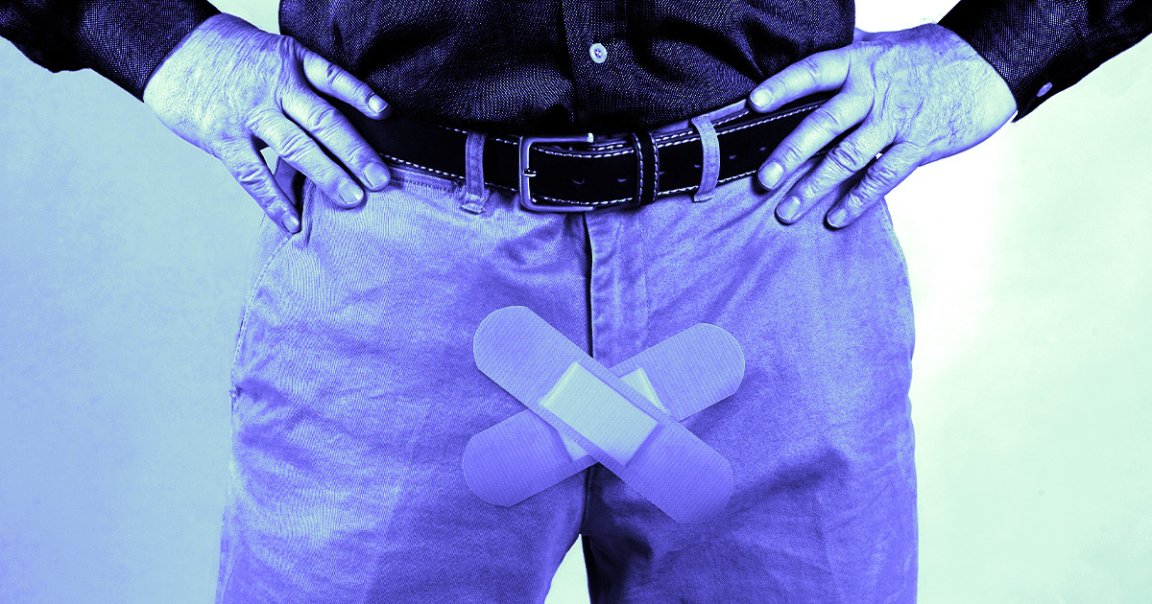
If you’ve spent much time online, you’ve probably heard of the “NoFap” movement, which encourages (mostly) men to stop watching porn and masturbating in order to “reset” their sex drives.
Now, researchers are starting to wonder whether it might be doing more harm than good.
Published this week in the journal Sexualities is a new study about the potential ill effects, including erectile dysfunction and even suicidality, of the NoFap” movement, which has grown massively in popularity in recent years alongside the rise in internet porn.
On its face, the movement has good aims: to help people attain or return to healthy sexuality in the face of online porn addiction by encouraging them to abstain from watching porn and masturbating, often for lengthy periods.
But according to the men this paper’s researchers spoke to for their preregistered study — a step in the academic publishing process to both solidify a hypothesis and ensure that it’s ethically sound — the amount of shame the men feel when “relapsing,” which is what they call masturbating or watching porn after committing not to, makes the endeavor more dangerous than one would expect.
Among the alarming findings of the study, which was conducted by UCLA neuroscientists Nicole Prause and London South Bank University psychology lecturer James Binnie, are the apparent adverse effects of the NoFap movement on acolytes who said they experienced mental and physical health problems when abstaining from masturbation and porn.
Of the 587 men who completed the researchers’ survey, nearly 30 percent said they experienced suicidal thoughts after “relapsing” from their commitment to the reboot program, and as Psychology Today notes in its write-up of the study, these feelings seemed to worsen with increased participation in NoFap forums online.
That seeming correlation between increased forum activity and worsened mental health outcomes was also present with feelings of depression and anxiety, and the men who identified most with the NoFap program seemed less likely to seek out help from professionals.
The men who participated in the forums also seemed to have more instances of erectile dysfunction the more they participated — even though the program itself is supposed to help with ED problems.
While there obviously needs to be more research into the whole phenomenon, this preliminary study could be an important step in understanding the role internet affinity groups play in human sexuality — and how they affect our physical and mental health, too.
More on sex: Scientists Create Drug That Makes Patients Super Horny